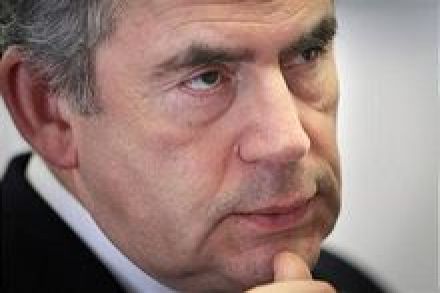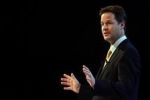Cameron fires a broadside at ‘petty’ Brown
David Cameron has written an apoplectic editorial in the Times condemning Gordon Brown’s partisan hijacking of the Queen’s Speech. Here is the key section: ‘We are mired in the deepest and longest recession since the Second World War, with deep social problems and a political system that is held in contempt. The State Opening of Parliament tomorrow ought to be about radical ideas to deal with this triple crisis. Instead, by all accounts, the Queen’s Speech will be little more than a Labour press release on palace parchment. Don’t take my word for it. As The Times reported yesterday, a Cabinet minister has been boasting about the contents of the












